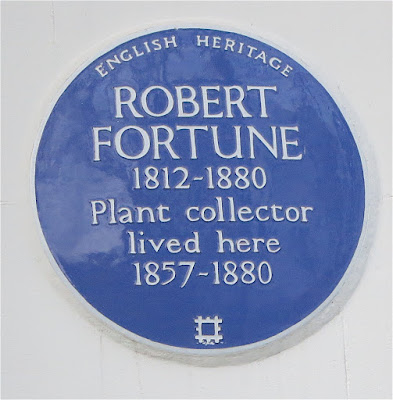 |
| arctic tundra in Sweden, 1980s |
The tundra is the coldest ecosystem on earth, found in the Arctic and high on mountains. As the coldest, it is changing rapidly from global warming. World temperature is up by about 2o Fahrenheit over the last 100 years (link) but at the poles it is up twice that (link). The average temperatures on high mountains (Alps, Rocky Mountains) are up 3o Fahrenheit during that time. In arctic tundra, the permanently frozen ground is melting, forming lakes, in other places it is drying out and has caught fire, while glaciers and sea ice are melting, all of these imperiling cold-adapted animals and plants and the people who depend on them. At high elevations, conditions are rapidly changing as well. On mountains, animals and plants will migrate higher for cooler conditions, but when the summit gets too warm, they will die out.



